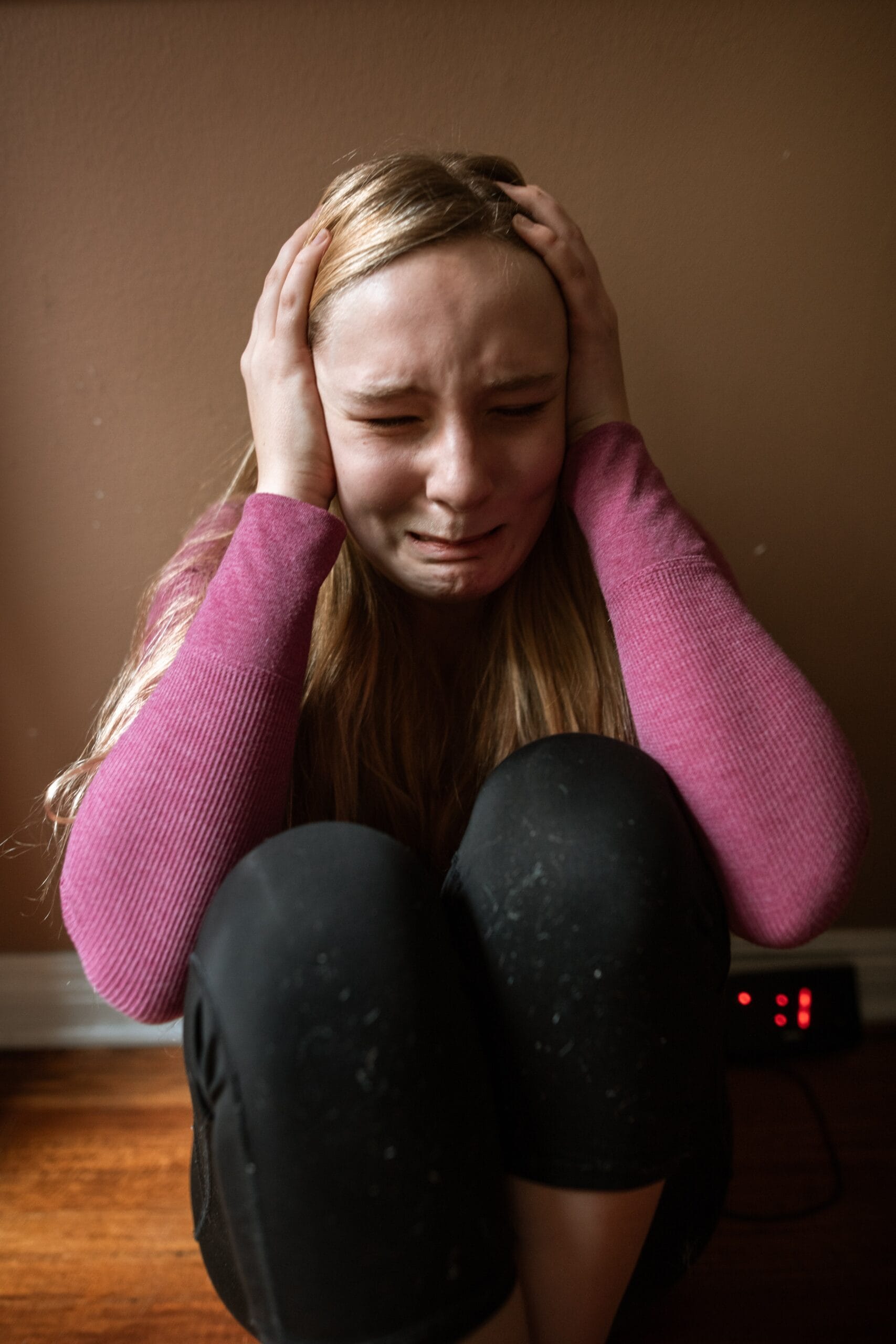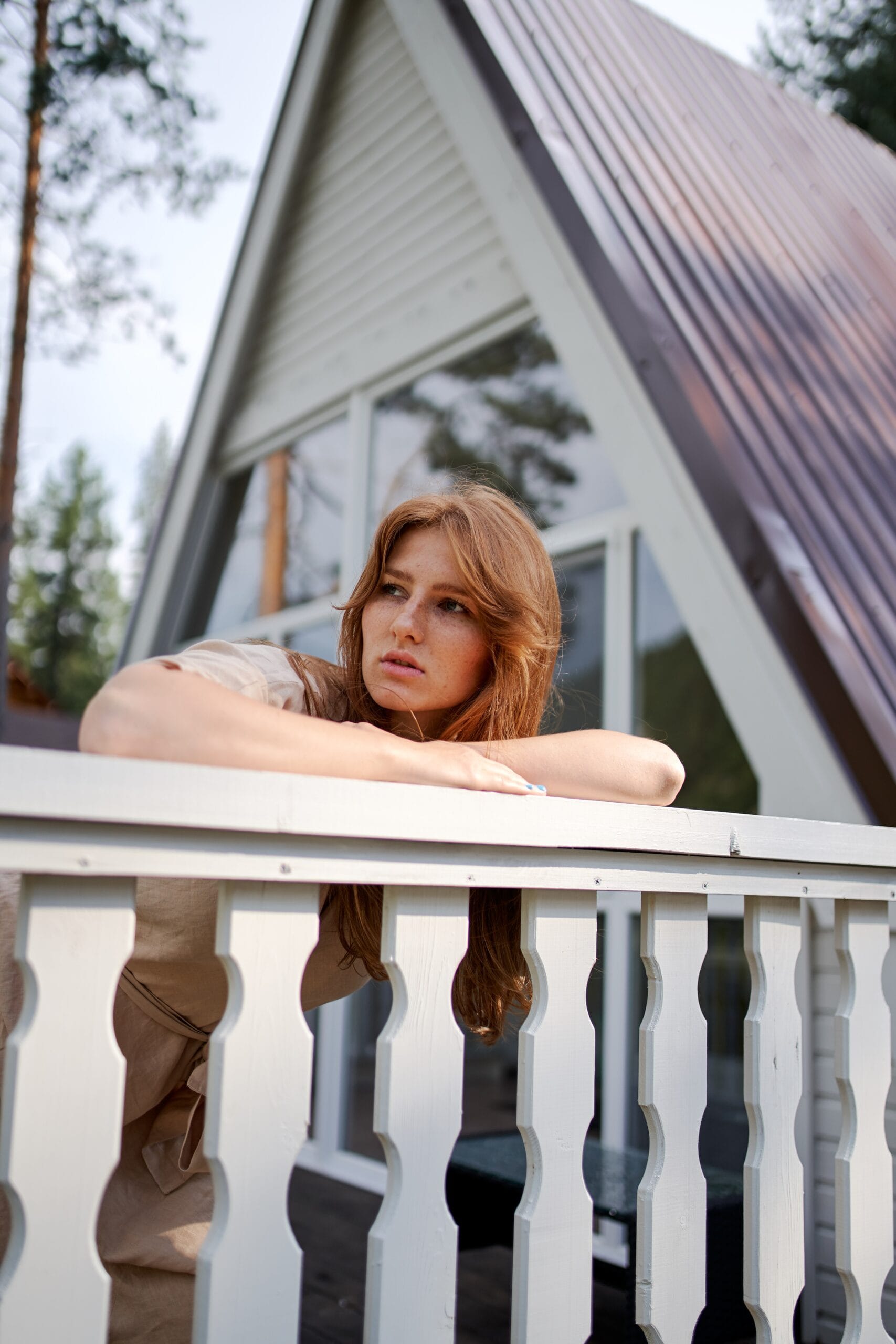
When I say lifelong anxiety, I mean I had my first panic attack at 11.
I never told my parents. I never let on that I was having any kind of problem. Of course, it was 1991 and mental health wasn’t really a thing yet. It was just something you heard about that people (other people, not you or your family, of course) had to deal with. Back then, no one believed it had any real bearing on anything, especially school, relationships, jobs, or anything else and if it did – well, you just needed to try harder. Toughen up. Get over it.
Some people even said they didn’t ‘believe in’ psychological disorders. Yep, basically they said meant that whatever you were feeling wasn’t real. It was all just make believe/made up. You just wanted attention. Oh yeah, the good ole days.
Of course, reality is very different. In the world today, we know mental health and wellness are very real and very important. I’m willing to bet that these invisible illnesses have touched most of us. We’ve suffered loss because of them. And I don’t necessarily mean the physical loss of someone (which many have experienced), but also the intangible losses. Loss of things like opportunities or self-confidence. The loss of sunlight on our skin and rain on our head. Loss of companionship because there are days we spend alone in the dark instead of outside with companions… or any new and exciting experience you’ve had to bypass because you simply could not do it.
I’ve experienced these losses over the years. I’ve lost friends because of anxiety, romantic partners… It’s even strained a few of my family ties. It’s one of those things in life that has always hurt and that I’ve never been able to put a positive twist on.
Until recently.
Because a few months ago, anxiety saved my life.

Since that first attack at 11, I’ve navigated everything from suicide attempts, to institution stays, to medication miracles (and mishaps). I’ve had (probably) thousands of panic attacks over the years and during that time I’ve learned something no book or doctor ever told me.
Panic attacks evolve.
… At least mine do.
My first one was pretty straightforward. Textbook kind of attack. I felt paralyzed, couldn’t stop crying, my hands were numb, and my head was swimmy. Every loud sound made me want to take cover, and the feeling that ‘something terrible’ was about to happen was all-consuming. It only lasted about ten minutes.
When it was gone, I was confused and scared, but determined not to make a big deal out of it. So, I buried it and moved on… right into the next one. And then the next one, and the next.
By my early 20s I was familiar with the symptoms, but there were still medications and hospital visits and psychiatrists. It was with regularity that these attacks brought me to the brink. Even so, my rational mind knew what was happening, and that I was ‘safe’ from these symptoms.
Then, suddenly, they changed. So, I adapted. In my 30s, more change. I adapted again.
Now, I’m in my 40s. It’s been 84 years and 949,576 doctor visits (with about the same amount of tests) and I’ve figured out what’s normal for me. These days I usually know what my body is going through, why it’s happening, and that it’s basically safe. Chest pain? It’s my muscles tensing because of the flight or fight response. It will pass. The numb/tingling extremities? I’m hyperventilating. If I can slow the breathing down, it’ll help. Can’t speak properly? My brain is overwhelmed and has problems processing. It might take a moment to sort out, try again in a few minutes.
Logic and knowledge have helped me get a handle on this stuff and allowed me to better deal with all of it. The anxiety isn’t gone, but it doesn’t have quite the hold on me it used to.
I tell you all of that to set the stage for the morning of January 25, 2022.

My wife was taking her final exam that morning. She would also find out if she was a graduate or if she had to work for another year towards her degree. It was kind of a big day. Understandably, we were both a little anxious.
After I waved goodbye from our balcony, I did my best to acknowledge the anxiety and hopefully take away its power, but the feeling was building and I decided the best thing to do would be to ignore it. After doing some stretches, I sat down at my desk to write, but within moments, I stood back up. There was a funny pressure in my chest. Long seconds later, the funny heartbeat started. Maybe a minute after that, the funny chest pain started. (Side Note: Still can’t explain what was funny about any of it. I just knew it wasn’t ‘regular normal’ and it wasn’t ‘anxiety normal’ and so… it was funny).
Within 5 minutes, I knew beyond any doubt there was nothing normal about what was happening and I had a 112 operator on the line. (112 is the EU equivalent of 911.)
The next four days were filled with tests and talks and doctors and nurses and hospital food and machines and meditation and prayer. During that time, several things were determined. The most immediate takeaways were that they didn’t know exactly what had happened, but whatever it was had caused some damage to my heart. They also decided that I was no longer in any immediate danger, and I needed to see a regular cardiologist so I could get more in-depth testing and diagnosis done.
It was one of the biggest tests of faith I’ve experienced in recent memory. I analyzed, I thought, I considered, I prayed, and I came to a most interesting conclusion.
My anxiety disorder had likely saved my life. If not that morning, then that night. And if not that night, then later down the road. Seem like a bit of a stretch? I don’t think so.
If it hadn’t been for the years of dealing with extreme anxiety and the symptoms of it, I may not have even been aware that something dangerous was happening. Or if I had, I might not have been so fast to react, calm enough to call for help, or sure enough of myself to do it. I might have waited until my wife got home that evening to say something. Or I might not have even said anything and later, when my blood pressure and heart rate dropped dangerously low, there wouldn’t have been any machines to sound the alarm to bring the nurse with the medicine I needed. If it weren’t for my familiarity with anxiety (and how my body reacts to it), I might not be sitting here and writing this article today.
After going through this experience, I realize that I still have so much of this life left to live, and many things left to do. I’m not ready to leave yet. So even though anxiety complicates things, I choose to be grateful because I believe it has given me the chance to continue on this journey.
My hope after sharing this is that if you have a similar problem, you might twist things around so that the negativity that is inherent with anxiety becomes a little less heavy for you as well.
If something here caught your attention and you want to talk about it, leave a comment down below and let’s have a conversation. Or if you’d rather keep it private, shoot me a message via my Contact page. You can also sign up if you’d like to get any future posts in your inbox (about one a week). If not, I hope you make your way back regularly.
~K
If you’re struggling with anxiety (or any other mental health-related issues), please know you aren’t alone. There’s help available.
In the US:
National Alliance on Mental Illness (NAMI) Helpline – 1-800-950-NAMI (6264)
National Suicide Prevention Lifeline: 1-800-273-TALK (8255)
In the UK:
Anxiety UK – Call – 03444 775 774
Text – 07537 416905

